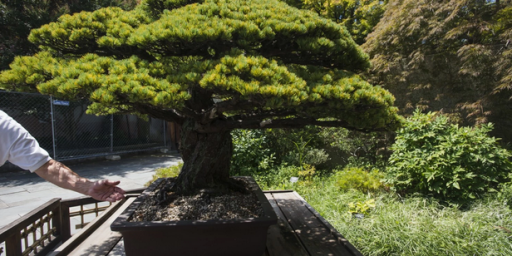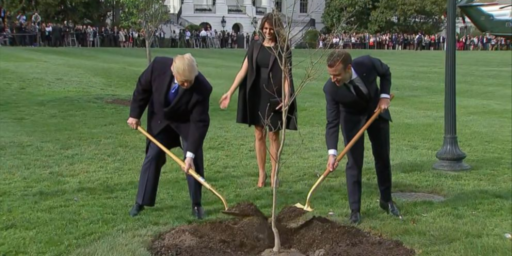Family Trees Explained
This video offers a nice, quick explanation of how to figure your family tree:
Speaking as someone who, although I do not have siblings, has numerous cousins and various permutations thereof, all I can say is that I’m still confused.






If you’re confused about your family tree, you weren’t born (as I was) in Montgomery, AL! How do you know who you are if you don’t know who your family is? I feel sort of sad for you just thinking about it.
New England is the same way. Read Phoebe Taylor’s Asey Mayo mysteries (written 30’s-50’s) for a flavor of the immense interest people spent on the family tree.
Japan’s the same, but they at least have the records to back it up. My friends were quite astounded I couldn’t recite my ancestors back umpteen generations.
(I know what I am: pure mutt.)
I’m sorry, no one in North America has said “grand-aunt” or “grand-uncle” since the 18th Century, and only people in extremely quaint locales have used it in the last 100 years. It might be more logical than “great aunt” and “great uncle”, but it ain’t actual English.
Kudos for ‘niblings’, though — I hadn’t heard that one.
Among my acquaintances, it’s now pretty common to refer to the spouses of one’s siblings-in-law as one’s “outlaws”.
As a child, I was introduced to about seven different “aunts.” I didn’t visit them all that often, only just one. Later I learned the one aunt I visited often was my actual aunt – my father’s older sister – and the other six were great aunts, or my grandfather’s older sisters. But in everyday conversation they were referred to as “Aunt Birdie” or “Aunt Ruby.”
Having a parent from an impressively large extended family makes for some interesting low-level Game of Thrones-type shenanigans, let me tell you. Instead of massacre or rape, you have decades-long feuds over land and who stole who’s vase and crap like that.
All of this is also related to the government’s need to find the “closest living relative’ for people who die intestate. Only if the government can prove that there are no living relatives does it really win the dying lottery.
I would I want CGPGrey to make a youtube video explaining Johnny Knoxville’s family tree, and how to properly refer to too closely related ancestors.
Doug, you’re old. All you need to know is that anyone who falls on the tree below you is someone you can yell at to get off your lawn.
@PJ:
It’s a common problem. Parts of my family ‘tree’ aren’t very tree-like. That’s almost inevitable for Americans of European ancestry through early colonists; there just weren’t that many whites on the continent, and those powers of two get big in a hurry. I’m surprised I have as few cousin-matches along the way as I do. Depending on how picky you get, I’m one of them — my wife and I share a 12-times-great grandparent.
Of course, by that logic, it’s a problem for everyone. Go back 40 generations, which doesn’t even get you back to the Dark Ages, and you would need 2^40 ~= 1,000,000,000,000 distinct ancestors, which is more people than have ever lived. And, of course, from the other end we know about “Mitochondrial Eve” and “Y-chromosome Adam”, which guarantees enormous amounts of inbreeding back in the day.
Back in the one genetics course I took in college, I remember reading in the textbook how your fourth cousin (so, related through a great-great-great grandparent) is as genetically similar to you as a random stranger.
FDR and Eleanor were fourth cousins, if I recall right.
@Just ‘nutha’ ig’rant cracker: It differs by state, but they all have a “beyond this level of separation we’re just not going to track any more.”
England finally put something similar into effect in the 1930s. One of Dorothy Sayers’ books (Strong Poison) is written based on the change in the laws.